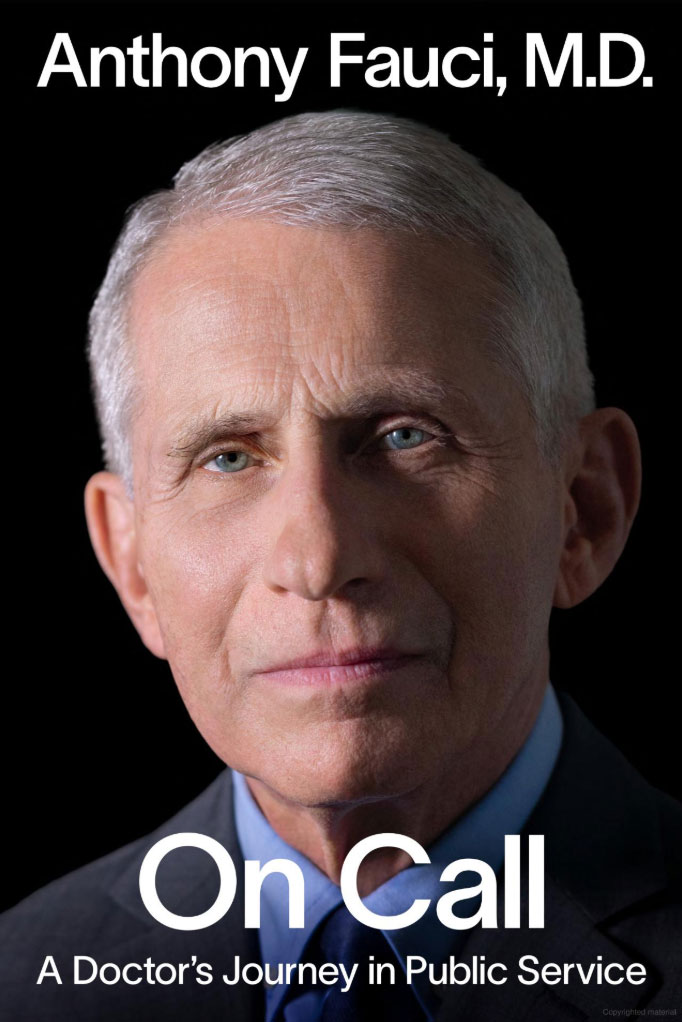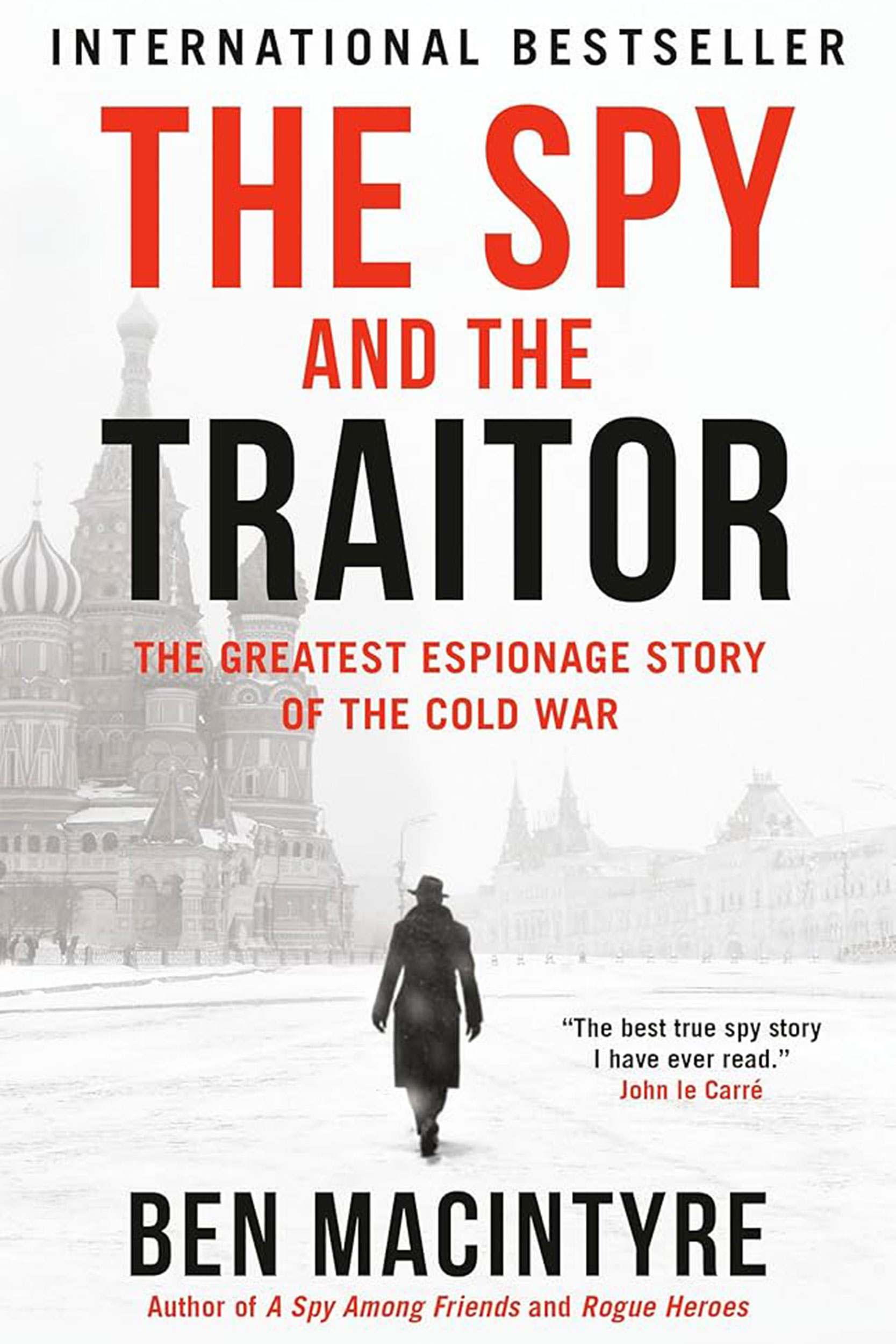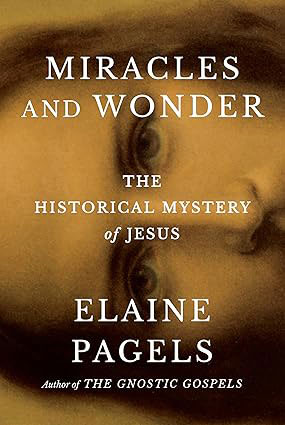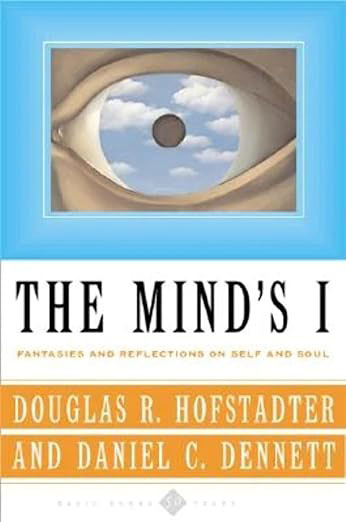
On Call: A Doctor’s Journey in Public Service
By: Anthony Fauci, M.D. Category: Nonfiction Published: 2024 Share:Recommended by Marcela V. Maus, Professor of Medicine at Harvard Medical School and Director of the Cellular Immunotherapy Program at Massachusetts General Hospital
“On Call” is an autobiography by Anthony Fauci, infectious diseases specialist and director of the National Institute for Allergy and Infectious Diseases for several decades, as well as special adviser to multiple U.S. presidents. The book was an extraordinary read, spanning from Dr. Fauci’s childhood (living above a pharmacy run by his father) and Jesuit schooling, to his early clinical and research training, first in autoimmune disease and then pivoting to infectious disease. His experience through the AIDS pandemic, as well as multiple other high-impact epidemics and serious infectious diseases, including Ebola, Zika, and then, of course, COVID, is unique.
It was so fascinating to me to read for a few specific reasons: First, Dr. Fauci is a pre-eminent physician-scientist, and it strikes me that there are few people of my generation who manage to continue active clinical care with a laboratory-based research career, let alone adding on administrative and leadership responsibilities. Why is that? What made it possible for Dr. Fauci and of those of his generation to continue all of these aspects, and how can we get that back? Second, Dr. Fauci manages to capture the beauty of medicine and science, and his writing was continuously inspiring and yet accessible. Finally, it was enlightening to learn from his perspective on the AIDS pandemic and see how much of history repeats itself. How humanity confronts death and disease, the lack of control; the emergence of groups with anger and frustration and skepticism of an infection that impedes their way of life; the blame laid upon authority figures when actually none of us can control the physiologic, societal, or economic impacts of a virus — something we can’t see and yet affects our bodies and our psyches and our society in such a profound way. All of us are forced to confront our own mortality and powerlessness at the individual level, and it is never easy or pleasant; when it occurs everywhere, all at once, it has a profound impact on society, and it is clear to me now that the repercussions will be felt long after the disease itself becomes endemic and mild.





